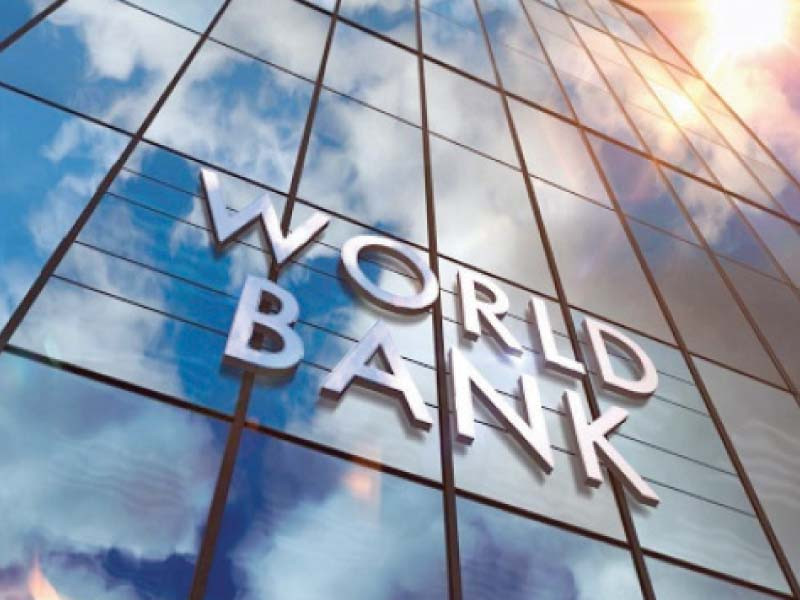World Bank Pakistan Poverty Rates Soar to 44.7%
The World Bank's revised poverty lines have significant implications for Pakistan, highlighting the need for urgent action to address the scale of human suffering. With 44.7% of the population living below the poverty line, the government must prioritize meaningful reform to ensure a life of dignity for its citizens.

Pakistan's poverty rate has risen to 44.7% under new World Bank thresholds, with extreme poverty increasing to 16.5% from 4.9%, affecting over 107 million people who live below the international poverty line of $4.2 per person per day.
The World Bank has revised its global income thresholds to reflect changes in prices of goods and services, resulting in a significant increase in poverty headcount. The new poverty line for Pakistan is set at $4.20 per person per day, up from $3.65, based on data from the 2018-19 Household Income and Expenditure Survey. Experts caution that the updated figure may not fully capture current realities due to reliance on outdated data.
The increase in extreme poverty is attributed to the higher value of the new international poverty line and price increases in Pakistan between 2017 and 2021. The World Bank has emphasized the importance of continued efforts to reduce vulnerability and improve resilience in Pakistan. Almost 45% of Pakistan's population lives below the poverty line, with over 39 million people living in extreme poverty, on less than $3 a day.
The government's current stance on poverty is being questioned, with many arguing that a monthly income of Rs37,000 is insufficient for a family to survive. The Human Rights Commission of Pakistan has called for a living wage, not just a minimum wage, to ensure a life of dignity. The lack of enforcement has allowed employers to exploit legal loopholes, keeping wages low and workers vulnerable.
Pakistan is at a crossroads, with economic despair pushing youth to risk their lives to escape. The government needs to rise to the challenge and implement meaningful reform to address labor rights and ensure a living wage, legislating for the dignity of its people, not just their survival.